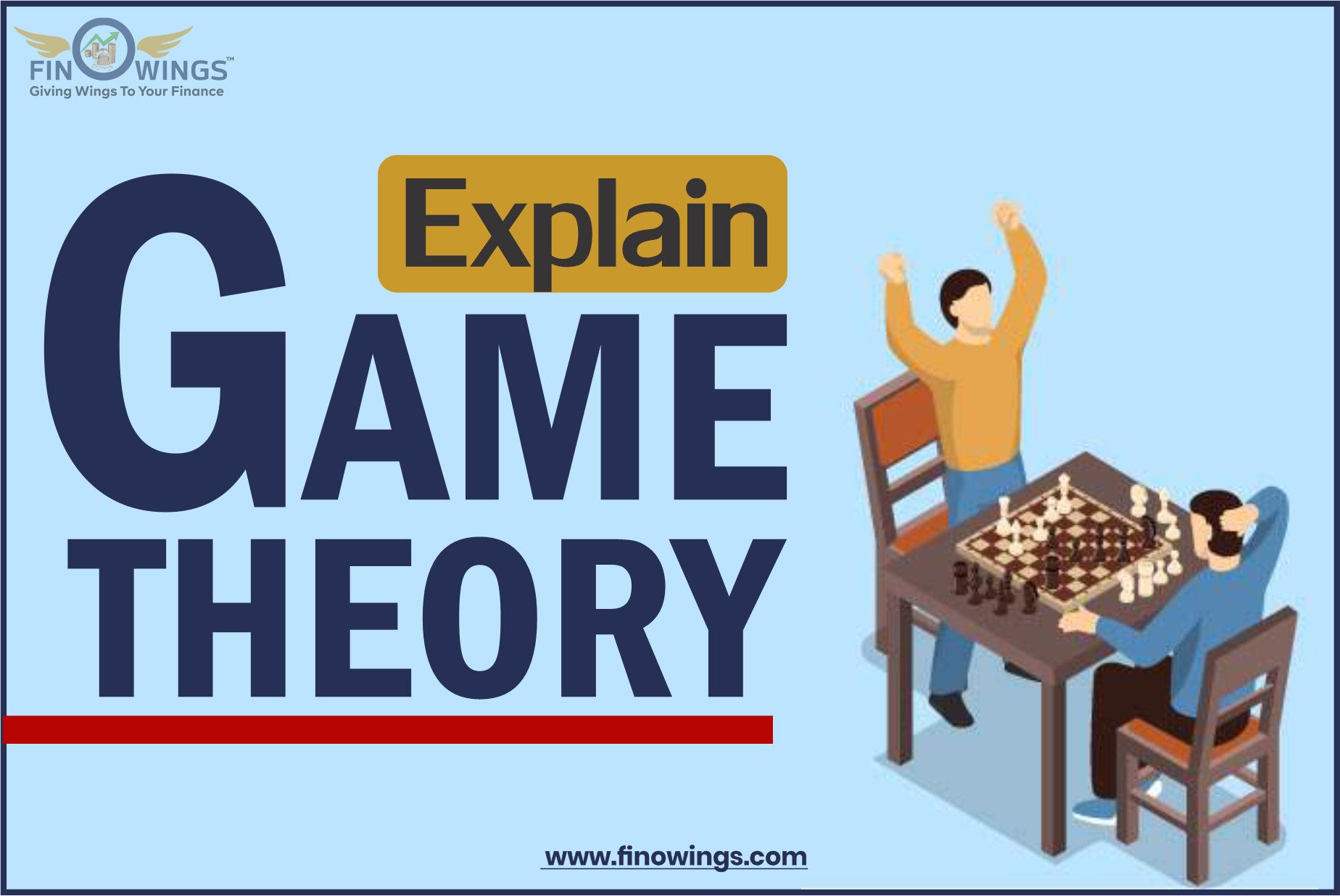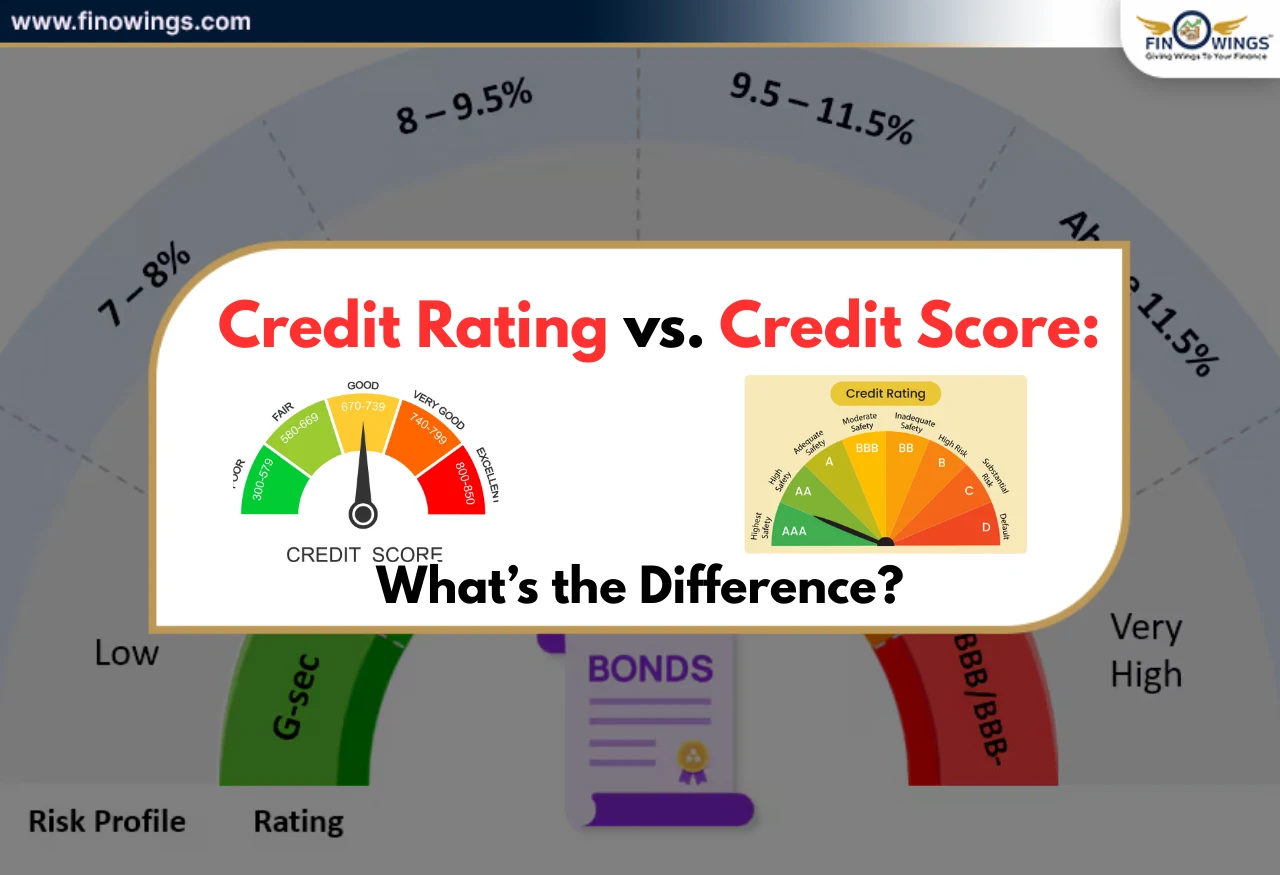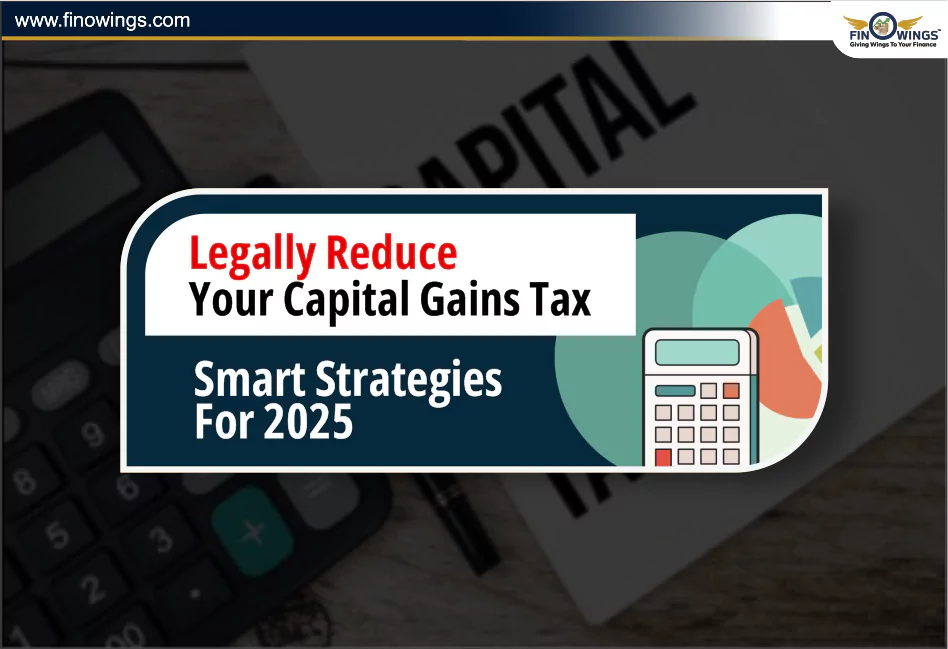Home >> Blog >> Explain Game Theory
Explain Game Theory

Table of Contents
Explain Game Theory
The mathematical discipline known as "game theory" is frequently applied in real-world situations. However, it is also used in many other domains outside of mathematics. For example, the rules of a strategic game are explained by game theory. It establishes how or in what order the participants shall move. At each pivotal stage, it takes the players' data into account.
According to game theory, the interdependence of player behaviours makes a game. The game features two different types of simultaneous and sequential strategic interdependence. Players that engage in sequential interdependence do so while being conscious of the behaviours of their fellow players. While in simultaneous interdependence, players take act independently of one another. These tactics are the core of the game theory. Let's continue to learn more about game theory.
1. What is Game Theory
According to the game theory definition, probabilistic distribution applies to the science of strategy. It specifies the logical and mathematical moves players must make to maximize their chances of game success. Chess, tennis, parenting, and takeovers are a few games that can be explored in game theory. But all of these games have one feature in common: every player's results depend on the collective actions of the other players.
In other terms, game theory is concerned with mathematical representations of disputes and cooperation among rational decision-makers. The study of judgment in which players must choose tactics that impact the interests of other players is known as game theory.
2. Different Game Theory Techniques
Players in game theory can choose between a few basic game-playing options. However, in general, it is up to each player to decide how much risk they can take& how far they wish to go to get the best results.
2.1 Maximax approach
They utilize a maximax strategy whenever a player tries to get the biggest payout feasible. The player who employs this tactic will choose to incur the risk of obtaining the greatest result, even if a very bad result is likely.
In the Prisoner's Dilemma, the player who employs the maximax strategy would pick the choice that resulted in the shortest prison term regardless of the decision made by the other player.
Due to its assumption that the player would always be in an extremely favourable situation, which may not always be the situation, this strategy is sometimes criticized as being naive and too optimistic.
2.2 Maximin approach
The greatest of the poorest payout is what a player would select in a maximin strategy. They frequently choose this option whenever a player cannot entirely depend on the other participants to uphold any prior agreement.
In the Prisoner's Dilemma, getting caught confessing results in the worst payout of 5 years (assuming the other participant comes clean), and getting caught refusing results in the worse payoff of 9 years (if the other player admits).
Therefore, the maximin strategy, or greatest of the poorest payoff, is to admit.
2.3 Dominant strategy
Regardless of what the other participants choose to do, the player will benefit most from the dominant strategy. In the Prisoner's Dilemma, everyone admitting would be the best course of action.
Although the dominant strategy may be excellent in non-alternative situations, it will not be the best course of action if a player plays in a game with multiple dominating strategies (e.g., every player has a dominant strategy).
2.4 Pure Strategy
The last level of strategic judgment occurs in pure strategy, which is merely a determined option based on other influences or other people's activities. Think of a round of rock-paper-scissors where one player chooses to toss the same form each time. The technique is pure since the participant's result is well-specified in advance (results can either take a certain shape or not).
2.5 Mixed Approach
Although a mixed strategy may appear to be the result of chance, it requires careful planning before any elements or actions are blended. For example, think about how a baseball pitcher and batter interact. If the pitcher consistently threw the same pitch, the batter might anticipate what would come next. So instead, the pitcher should alter its approach from pitch to pitch to generate an air of unpredictability that it intends to capitalize on.
3. Examples of Game Theory
The game theory examines a variety of "games." Just a few of these will be quickly discussed here.
The Prisoner's Dilemma
The most well-known application of game theory is The Prisoner's Dilemma. Take two offenders who were detained following an arrest as an example. The prosecution lacks concrete proof to prove their guilt. Meanwhile, officials take the inmates out of their isolation cells and question each one separately to extract a confession. The two prisoners are unable to speak with one another. Officials present four transactions, frequently shown as a 2 × 2 box.
-
They each face a five-year prison sentence if they admit it.
-
Prisoner 1 will receive three years, and Prisoner 2 will receive nine years if Prisoner 1 admits but Prisoner 2 does not.
-
Prisoner 1 will receive a 10-year sentence and Prisoner 2 a two-year sentence if Prisoner 2 admits, but Prisoner 1 does not.
-
Each person will spend two years in prison if neither admits.
The best course of action is to remain silent. Although neither is unaware of the other's plan, both are likely to admit it and face a five-year prison sentence as neither knows the other's strategy. According to the Nash equilibrium, both players in a prisoner's dilemma will choose a course of action that is better for them separately but worst as a whole.
The best method for solving a prisoner's dilemma is the phrase "tit for tat." Anatol Rapoport created the tactic known as "tit for tat," in which every player in an iterated prisoner's dilemma chooses an action that corresponds to their opponent's prior move. For instance, when a player is provoked, they retaliate; when not provoked, they collaborate.
4. The Nash Equilibrium
The Nash Equilibrium is called after economist John Nash, who claimed an "equilibrium" existed in highly competitive games where neither side would profit from shifting directions.
A game with two or more participants who each prefer the greatest result for themselves has a conclusion known as Nash equilibrium. Participants should take other players' behaviours into account to achieve this balance.
We can determine the Nash Equilibrium of the decisions both inmates make using the Prisoner's Dilemma game theory:
-
If prisoner 2 admits, prisoner 1's best course of action is to likewise admit because, if they dispute the offences, prisoner 1 will be sentenced to a 9-year term.
-
If prisoner 2 denies the offences, prisoner 1's greatest course of action is to similarly refuse to receive only a 2-year term.
Therefore, the Nash Equilibrium would be reached if either inmate admits or refuse.
Furthermore, as was previously mentioned, no prisoner can predict what the other will do, confessing the most effective strategy to avert the worst-case scenario.
There may be one Nash equilibrium in a game occasionally, but the Prisoner's Dilemma shows that there can frequently be more than one.
The numerous equilibria are eventually found in simultaneous games repeatedly played.
The Nash Equilibrium can also be referred to as "no regrets" because, after making a choice, the player will not look back on it when evaluating the repercussions. It generally takes some time to attain equilibrium; once it is, it cannot be changed.
If contemplating an alternate course of action does not result in a circumstance that makes logic, one has achieved Nash Equilibrium.
5. What is the purpose of game theory?
In addition to dilemma games, game theory can be used in numerous facets of life. Instances of uses in daily life involve:
-
War strategies and conflict analysis
-
Stockholders and market shares
-
Business strategy
-
Rock, paper, scissors game
-
Chess
-
Poker
The capability to attain a specific outcome is governed by a number of strategic decisions whenever game theory is applied to business, for example.
Business can:
-
Make choices about output and price
-
Make choices about products, such as whether to continue with current models or create new ones.
-
Make judgments about how to promote products, such as whether to increase or decrease your advertising budget.
-
Derive various benefits from their strategic decisions, including financial gain, increased chances of survival, and the extermination of competitors.
6. Problems with Game Theory
The basic issue with game theory is that it is founded on the premise that people are rational, self-interested, utility-maximizing actors, just like most other economic theories. Becoming social creatures, we frequently cooperate at a personal loss. The reality that we sometimes enter a Nash equilibrium and sometimes do not, based on the social environment and the participants, cannot be explained by game theory.
Furthermore, game theory frequently finds it difficult to consider human characteristics like devotion, fairness, or empathy. Statistical and mathematical calculations can determine the optimum course of action, but humans may choose a different path because of unpredictable and complicated situations, including sacrifice or manipulation. While game theory can evaluate a set of actions, it cannot accurately predict human behaviour.
Conclusion
Game theory studies how player behaviour and competing techniques can affect a situation's result. For example, game theory is employed in business to describe strategic interactions where the success of one firm or goods relies on the decisions made by other organizations or goods and applies to war, biology, and many other areas of life.
Author
Frequently Asked Questions
The mathematical discipline known as "game theory" is frequently applied in real-world situations. It is also used in many other domains outside of mathematics. The rules of a strategic game are explained by game theory. It establishes how or in what order the participants shall move.
A framework for analyzing decision-making between competing players is provided by game theory. When faced with independent and rival individuals in a strategic environment, game theory can guide participants to the best course of action.
The most well-known application of game theory is The Prisoner's Dilemma. Take two offenders who were detained following an arrest as an instance. The prosecution lacks concrete proof to prove their guilt. Officials, meanwhile, take the inmates out of their isolation cells and question each one separately in order to extract a confession.
A mathematical framework for understanding strategic decision-making, game theory seeks to forecast how numerous individuals will act in a given circumstance. Some of the several varieties of game theory include cooperative and non-cooperative, symmetric and asymmetric, and simultaneous and sequential.





















